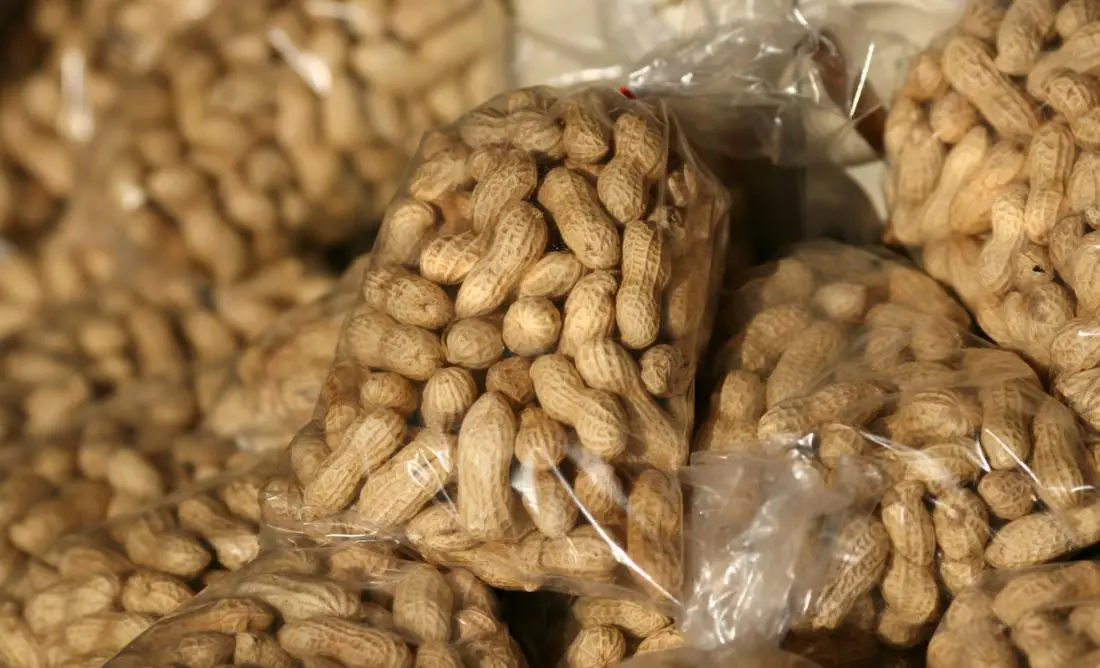Peanuts, the crunchy and nutritious legumes, have long been a popular snack choice for people around the world. However, there have been concerns and debates about whether consuming peanuts can increase the risk of developing diabetes. In this article, we will explore what experts have to say about the relationship between peanut consumption and the risk of diabetes.
Understanding Diabetes
Diabetes is a chronic condition characterized by elevated blood sugar levels. There are two primary types of diabetes:
- Type 1 Diabetes: This autoimmune condition usually develops in childhood or adolescence and is not directly related to diet or lifestyle. People with type 1 diabetes require insulin injections to manage their blood sugar levels.
- Type 2 Diabetes: This form of diabetes is closely linked to lifestyle factors, including diet and physical activity. It often develops in adulthood and is associated with insulin resistance and insufficient insulin production.
The Role of Peanuts in Diabetes Risk
Peanuts are a nutrient-dense food, rich in protein, healthy fats, fiber, and essential vitamins and minerals. They have a low glycemic index (GI), which means they have a relatively minor impact on blood sugar levels when consumed. This can be beneficial for individuals with diabetes or those at risk of developing the condition.
Research has shown that including peanuts or peanut butter in a balanced diet may offer several potential benefits for diabetes prevention and management:
- Stabilizing Blood Sugar: Peanuts’ combination of protein, fiber, and healthy fats can help stabilize blood sugar levels, preventing rapid spikes and crashes.
- Improved Insulin Sensitivity: Some studies suggest that regular consumption of nuts, including peanuts, may improve insulin sensitivity, reducing the risk of type 2 diabetes.
- Weight Management: Peanuts can contribute to a feeling of fullness due to their high fiber and protein content. This can aid in weight management, a key factor in diabetes prevention and control.
Expert Opinions
Experts generally agree that including peanuts in a balanced diet can be part of a healthy approach to preventing and managing diabetes. The American Diabetes Association acknowledges that nuts, including peanuts, can be part of a diabetes-friendly diet when consumed in moderation and as part of a nutrient-dense meal plan.
It’s important to note that while peanuts themselves are not likely to increase the risk of diabetes, factors such as excessive consumption of salted or sugary peanut products (e.g., candied peanuts or sweetened peanut butter) or a diet high in overall calorie intake can contribute to weight gain and potentially increase diabetes risk.
the consumption of peanuts, a nutrient-rich and low-GI food, is not likely to increase the risk of diabetes. In fact, including peanuts in a balanced diet can offer potential benefits for blood sugar control, insulin sensitivity, and weight management. However, it’s essential to consume peanuts in moderation and avoid products that add excessive salt or sugar. As with any dietary choices, it’s advisable to consult with a healthcare professional or registered dietitian to tailor your diet to your individual needs, especially if you have diabetes or are at risk of developing the condition.
